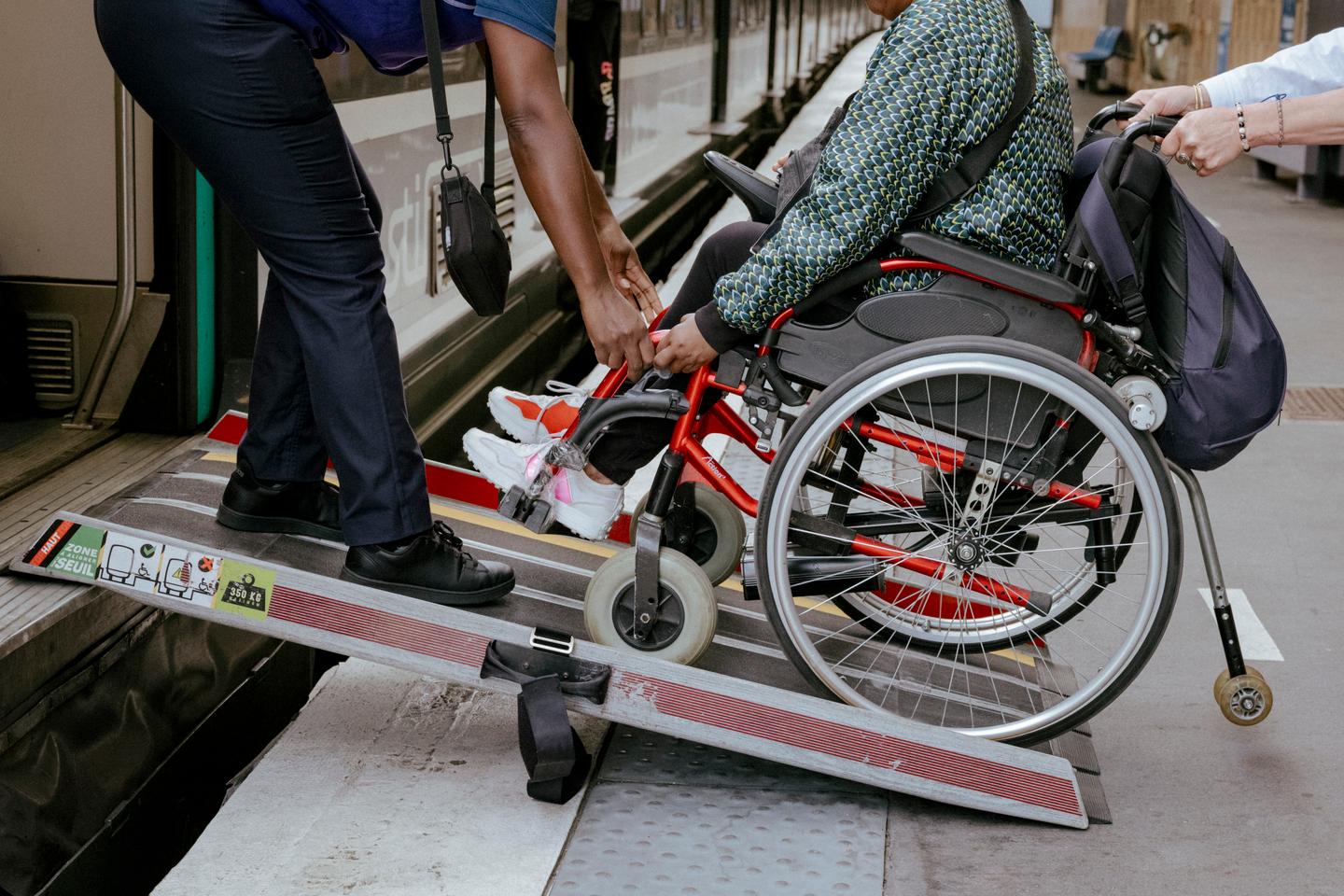


When an enchanted chapter opens, the natural inclination is to want to make it last as long as possible. The French will have the opportunity to extend the Paris 2024 Olympic Games – which aroused infectious fervor and enthusiasm – with the 17th Paralympic Games, until September 8. Without reproducing the breathtaking effect of the July 26 opening ceremony on the Seine, the one organized on Wednesday, August 28, between the Arc de Triomphe and the Place de la Concorde is an ideal launch pad for what promises to be the most spectacular parasport event ever organized.
The Paris 2024 Olympics, hailed the world over for their boldness and exemplary organization, offer a unique opportunity to build on this enthusiasm to advance the recognition of disability in society. The Paralympic Games should be seen as a natural extension of the Olympic Games. The players may change, but the setting remains the same, with competitions organized in the heart of the French capital, at the foot of emblematic monuments. This magical setting has what it takes to keep alive the flame that was lit just over a month ago.
The 2 million tickets sold to date, the vast majority of them to French spectators, as well as public service broadcasting coverage three times greater than at the Tokyo Games, are likely to help change the way disability is viewed in France. During these 10 days, we won't just be talking about records, medals and sporting feats, but also and above all about encouraging people to take better account of the needs of this too-often forgotten part of the population.
Inclusive culture needed
In this area, France has fallen regrettably behind. In 2021, a UN report highlighted the inadequacy of our country's efforts in terms of accessibility. However, the construction projects during the organization of the Olympic Games have begun to improve the situation, with new transport lines, the upgrading of dozens of stations and the introduction of disability-friendly urban planning. Even so, the challenge for the Paris region network remains immense, with some sections designed over a century ago. The Greater Paris region president Valérie Pécresse's proposal to launch a major plan to make the Paris métro more inclusive is commendable, but particularly ambitious.
In addition to transport, the daily problems faced by disabled people (schooling, discrimination in employment, insufficient capacity in medical-social establishments) remain numerous. The Paralympics should help to raise awareness of these problems as anomalies that need to be quickly rectified.
Finally, there is the issue of access to sporting activities for the disabled. There are still not enough opportunities for club sports and not enough specialized facilities to accommodate people with more severe disabilities. In the absence of a sufficiently developed culture of inclusion, preconceptions and fears about differences are still prevalent. These Games can change things, even if we must bear in mind that after the 2012 London Games, sporting participation by people with disabilities increased, before returning to its initial level. The chapter must not be closed once the Games are over.
